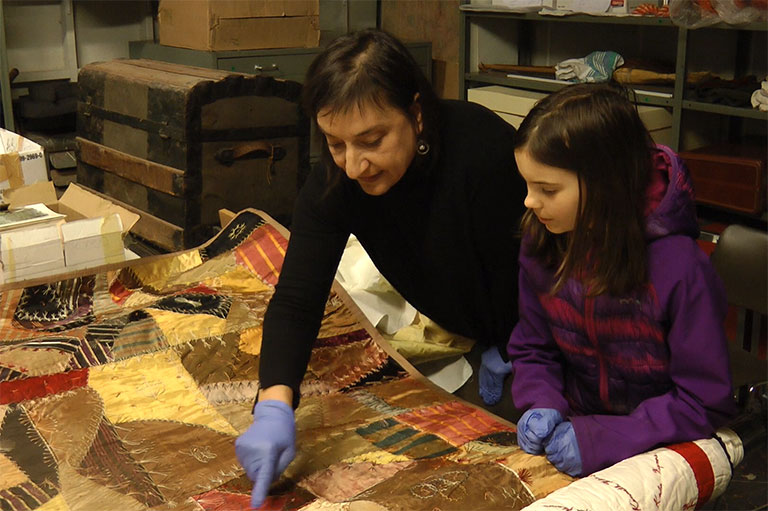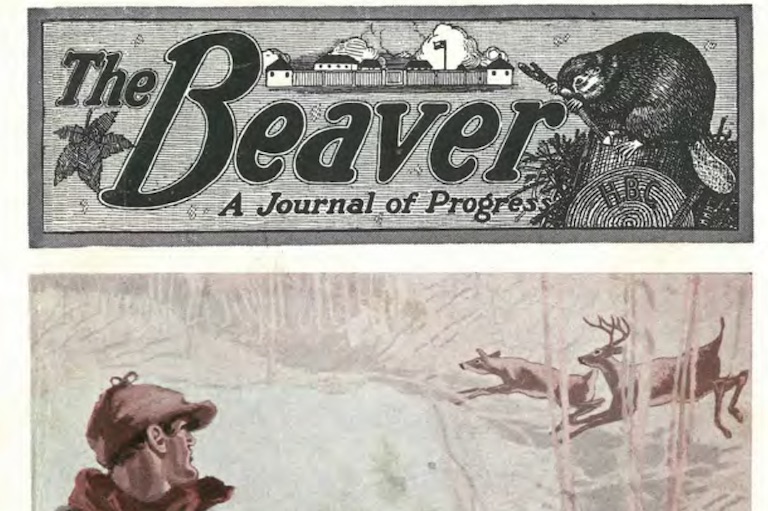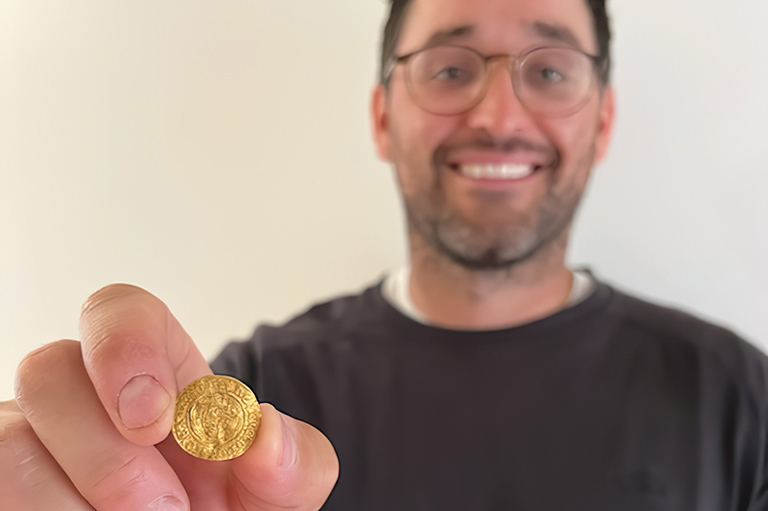The Nature of Things
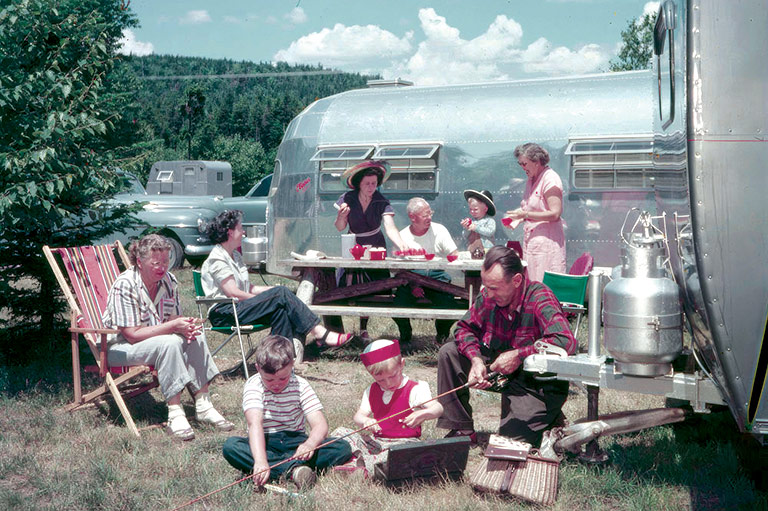
For many Canadians, no summer is complete without a camping trip. Whether it’s at a park, by a lake, or in the backwoods, getting back to nature is a staple of many people’s holidays. But it wasn’t always this popular.
Before the 1870s, there was little interest in camping. Most people couldn’t afford to take time off to travel, and those who could were more likely to want to relax in luxury, not on the forest floor. Over time, though, societal and cultural changes among the upper and middle classes led many to swap hotels and country cottages for tents pitched under the stars.
In the mid-1800s, urbanization meant that many families spent their whole lives in developed areas, surrounded by buildings and people instead of plants and animals. As a result, city dwellers felt disconnected from nature, and it was commonly believed that this was making them less healthy and hardy. Getting away from the city’s smog and grime was a regular doctor’s order, and many publications encouraged people to spend time in the country to become stronger. For instance, an 1893 Winnipeg Tribune article titled “Physical Training for Women” recommended “exercise, sunshine, [and] fresh air to strengthen the nervous system and … dispel disease.” One easy way to get all of this was to take a camping trip.
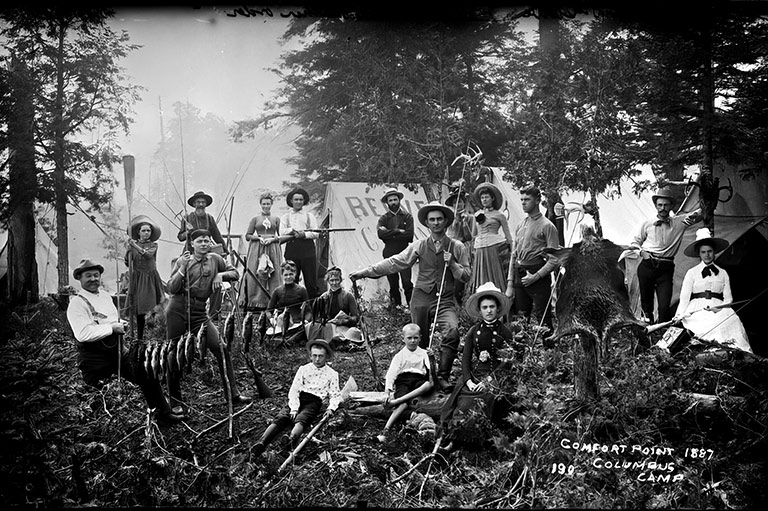
At the same time, adventure novels were very popular, particularly stories of the colonial frontier. These romantic depictions made the settlement of the West into an exciting fantasy for readers, who sometimes wanted to imitate the characters they read about by living off the land. Campers would often pretend to be settlers, cowboys, or even Indigenous people, copying the stereotypes and caricatures the books created.
Camping practices in the 1800s encouraged bringing only the barest necessities and relying on the land for everything else. People washed and fished in lakes and rivers, hunted and foraged for food in the forest, and built shelters from branches and deadfall. They hiked and canoed to get around. Without established campgrounds, people relied on their environment and on each other to have a good experience in the wilderness.
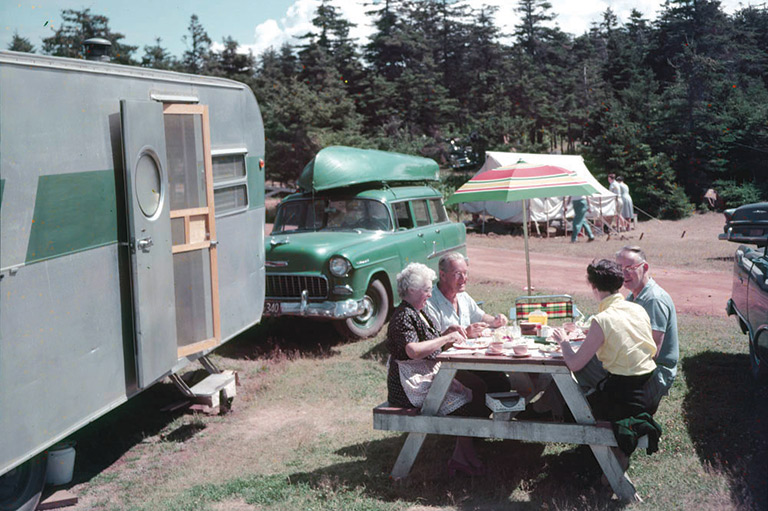
Social norms changed at camp. In cities and towns, wealthy families who could afford leisure time usually had servants to clean their homes and to cook their food. At camp, though, these families had to do their own chores without help. Many even found these chores extremely satisfying. As Isabel C. Barrows wrote in the 1888 book The Shaybacks in Camp, “if the merry-makings at dishwashing and wiping, the delightful tête-à-têtes over whipping cream or beating eggs, or even the friendly arguments at fish-skinning … were to be dripped out of the day’s doings, there is no book, no hammock … that could replace them.”
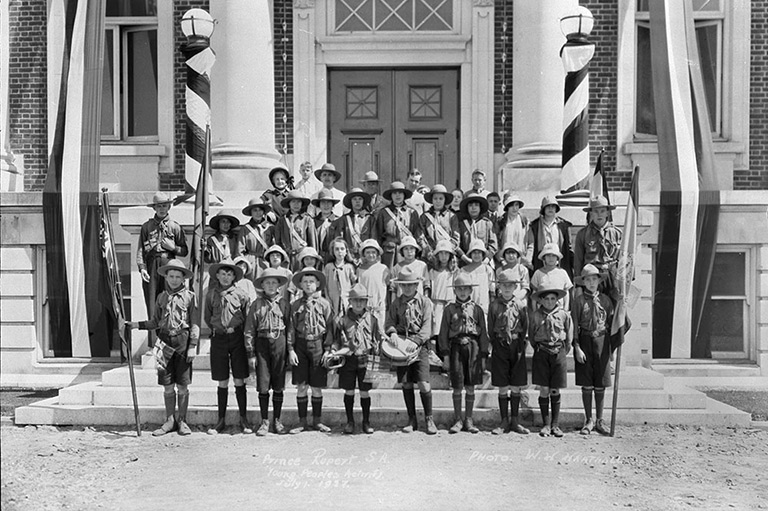
Traditional roles and chores within families also shifted while camping. Men often took on chores women did at home, such as laundry and dishes. Meanwhile, women relaxed in ways they could not otherwise, participating in fishing and sports and wearing men’s clothes.
The popularity of camping carried into the twentieth century, becoming more accessible with new technologies, like the automobile. Permanent summer camps grew in number to offer rental sites and programs for people to join. Youth organizations, such as the Boy Scouts and Girl Guides, were established and taught outdoor skills to new generations of young people.
Today camping remains a fun pastime and tradition for those who yearn to trade the bustle of urban life for the peace and quiet of nature. Even as the world fills with modern distractions, many of us still find our way back to those tents pitched under the stars.
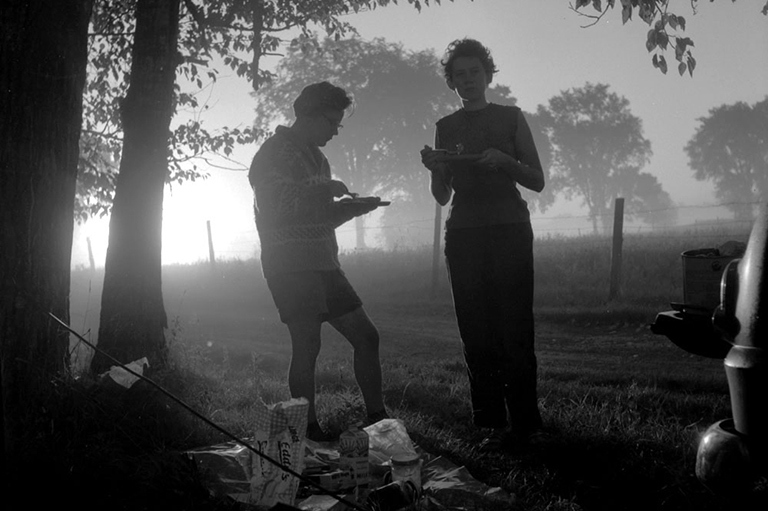
We hope you’ll help us continue to share fascinating stories about Canada’s past by making a donation to Canada’s History Society today.
We highlight our nation’s diverse past by telling stories that illuminate the people, places, and events that unite us as Canadians, and by making those stories accessible to everyone through our free online content.
We are a registered charity that depends on contributions from readers like you to share inspiring and informative stories with students and citizens of all ages — award-winning stories written by Canada’s top historians, authors, journalists, and history enthusiasts.
Any amount helps, or better yet, start a monthly donation today. Your support makes all the difference. Thank you!
Themes associated with this article
Advertisement
With 7 uniquely curated newsletters to choose from, we have something for everyone.

